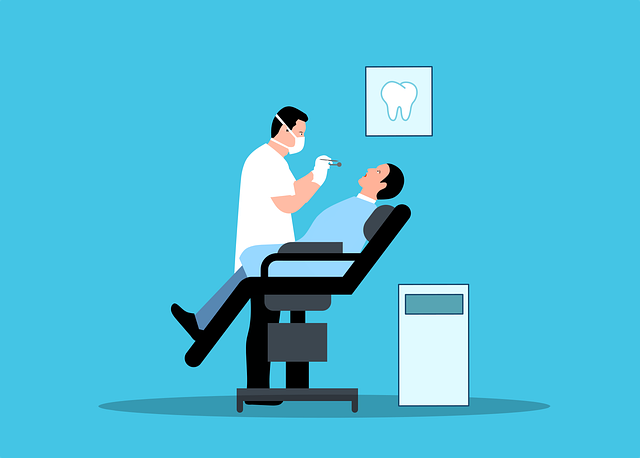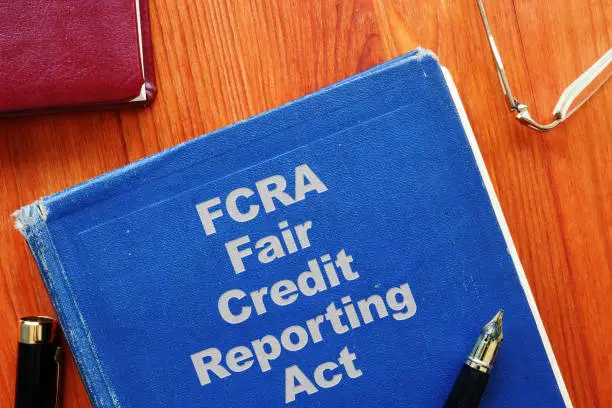Medical debt is a burden that many people face at some point in their lives. It can be overwhelming and stressful, especially when it begins to affect your credit.
The impact of medical debt on your credit score is significant and can have long-lasting consequences. Understanding how medical debt works, how it affects your credit, and what you can do to manage it is essential for protecting your financial future.
This article will explore these topics, offering clear insights and actionable steps to help you navigate this challenging aspect of personal finance.
Understanding Medical Debt
What is Medical Debt?
Medical debt arises when you receive healthcare services and cannot pay the bill in full. This debt can include expenses from hospital stays, surgeries, doctor visits, medications, and other medical services.
Unlike other types of debt, medical debt often comes unexpectedly. It can accumulate quickly, especially if you face a serious illness or injury.
How Medical Debt Differs from Other Debt
Medical debt differs from credit card debt, loans, or mortgages. It’s usually not something you plan for, and it often lacks the same clear repayment terms. This debt can also be more difficult to manage because it is often incurred during stressful times, like a medical emergency.
Additionally, medical providers may turn your unpaid bills over to collections agencies faster than other creditors, which can quickly affect your credit score.

The Impact of Medical Debt on Credit Scores
How Medical Debt Affects Your Credit
Medical debt can have a significant impact on your credit score, especially if it goes unpaid and is sent to collections. Once a medical bill is sent to a collection agency, it may appear on your credit report, where it can lower your credit score.
This drop in your score can make it more challenging to obtain loans, credit cards, or even secure housing and employment.
Credit Scoring Models and Medical Debt
Different credit scoring models treat medical debt differently. For instance, the FICO 9 and VantageScore 4.0 models place less weight on medical debt that has gone to collections.
However, many lenders still use older models like FICO 8, where medical debt can have a more substantial impact. It is crucial to know which model is used when your credit is being evaluated, as this can affect your access to credit.
The Role of the Fair Credit Reporting Act (FCRA)
The Fair Credit Reporting Act (FCRA) offers some protections for consumers with medical debt. For example, credit reporting agencies must wait 180 days before adding unpaid medical debt to your credit report.
This grace period gives you time to resolve billing disputes or find a way to pay off the debt before it impacts your credit score. Additionally, if you pay off a medical debt that went to collections, the FCRA requires that the debt be removed from your credit report.

Managing Medical Debt
Steps to Take When You Have Medical Debt
If you find yourself with medical debt, there are steps you can take to manage it effectively:
- Review Your Bills Carefully: Always review your medical bills for accuracy. Billing errors are common, and you should not pay for services you did not receive. If you spot an error, contact the healthcare provider or billing department immediately.
- Negotiate with Healthcare Providers: Many healthcare providers are willing to negotiate payment plans or even reduce the total amount owed. Don’t hesitate to ask for a discount or a more manageable payment plan.
- Seek Financial Assistance: Some hospitals and clinics offer financial assistance programs for patients who cannot afford to pay their bills. These programs can significantly reduce or even eliminate your medical debt.
- Use Medical Credit Cards Cautiously: Medical credit cards can be an option for paying off large medical bills. However, they often come with high-interest rates after an introductory period, so use them cautiously.
Impact of Paying Medical Debt on Credit
Paying off medical debt can positively affect your credit score, especially if the debt was sent to collections. Once paid, the debt should be removed from your credit report, improving your credit score.
However, the impact may not be immediate, and it may take time for your score to fully recover.
Strategies to Avoid Medical Debt
Preventing Medical Debt Before It Starts
Preventing medical debt can be challenging, but there are steps you can take to minimize the risk:
- Maintain Health Insurance Coverage: Having health insurance is one of the most effective ways to prevent medical debt. Even if your coverage does not cover all expenses, it can significantly reduce the cost of medical care.
- Understand Your Insurance Policy: Make sure you fully understand what your health insurance policy covers and what it does not. Knowing your policy can help you avoid unexpected bills and better plan for medical expenses.
- Consider an Emergency Fund: Building an emergency fund can provide a financial cushion for unexpected medical expenses. Having money set aside can help you pay for medical bills without going into debt.
What to Do If You Receive a Medical Bill You Cannot Afford
If you receive a medical bill that you cannot afford to pay, don’t ignore it. Contact the healthcare provider as soon as possible to discuss your options.
Most providers are willing to work with patients to find a solution that works for both parties. Ignoring the bill will only make the situation worse and could lead to the debt being sent to collections.

The Long-Term Effects of Medical Debt
How Medical Debt Can Affect Your Financial Future
The long-term effects of medical debt can be far-reaching. In addition to damaging your credit score, medical debt can limit your financial options. It can make it more difficult to get a loan, buy a home, or even rent an apartment.
The stress of dealing with medical debt can also take a toll on your mental and physical health.
The Connection Between Medical Debt and Bankruptcy
Medical debt is one of the leading causes of bankruptcy in the United States. When medical bills become unmanageable, and there is no way to pay them, bankruptcy may seem like the only option.
However, bankruptcy has its consequences, including a significant impact on your credit score and the ability to obtain credit in the future. It should be considered a last resort after exploring all other options.
The Emotional Toll of Medical Debt
Dealing with medical debt is not just a financial issue; it can also take an emotional toll. The stress of unpaid bills, dealing with collection agencies, and the potential damage to your credit can lead to anxiety, depression, and other mental health issues.
It’s essential to seek support from friends, family, or a financial counselor if you’re struggling to cope with the emotional impact of medical debt.
Legal Protections and Medical Debt
Understanding Your Rights Under the FCRA
As mentioned earlier, the Fair Credit Reporting Act (FCRA) provides some protections for consumers with medical debt. Understanding these rights is crucial for managing medical debt effectively:
- The 180-Day Rule: Credit reporting agencies must wait 180 days before adding unpaid medical debt to your credit report. This grace period gives you time to resolve disputes or arrange payment plans without immediate damage to your credit score.
- Removing Paid Medical Debt: Once medical debt is paid, the FCRA requires that it be removed from your credit report. This removal can help improve your credit score and financial standing.
- Disputing Errors: If you find errors related to medical debt on your credit report, you have the right to dispute them. The credit reporting agency must investigate and correct any inaccuracies.
State Laws and Medical Debt
In addition to federal protections, some states have laws that provide additional protection for consumers with medical debt. These laws may limit how long medical debt can remain on your credit report, regulate the actions of collection agencies, or offer additional rights for disputing medical bills.
It’s essential to be aware of the laws in your state and how they can help you manage medical debt.
Practical Steps to Protect Your Credit from Medical Debt
Monitor Your Credit Regularly
Regularly monitoring your credit report is one of the best ways to protect your credit from the impact of medical debt. By checking your report, you can spot any medical debts that have been reported, ensure that all information is accurate, and take action to address any issues.
Communicate with Your Healthcare Providers
Open communication with your healthcare providers is crucial when dealing with medical debt. If you’re having trouble paying a bill, contact the provider as soon as possible to discuss payment options. Most providers are willing to work with you to avoid sending the debt to collections.

Seek Help from a Financial Counselor
If you’re struggling with medical debt, consider seeking help from a financial counselor. A counselor can help you create a plan to manage your debt, negotiate with creditors, and protect your credit score.
They can also provide support and guidance as you work through the challenges of dealing with medical debt.
How Our Team Came Up with These Ideas
Our insights into the impact of medical debt on your credit come from extensive research and real-world experience. We consulted with experts in personal finance, reviewed current regulations, and analyzed case studies of individuals dealing with medical debt.
We also considered the emotional and financial toll that medical debt can take on individuals and families.
By combining this knowledge with the latest data on credit scoring and debt management, we developed practical advice to help you navigate the challenges of medical debt and protect your financial future.
Conclusion
Medical debt is a significant financial challenge that can have long-lasting effects on your credit score and overall financial health.
By understanding how medical debt impacts your credit, taking steps to manage it effectively, and knowing your rights under the law, you can minimize the damage and protect your financial future.
Remember, communication with healthcare providers, regular credit monitoring, and seeking professional help are all critical components of managing medical debt. By taking these steps, you can navigate the complexities of medical debt with confidence and protect your financial well-being.


Leave a Reply